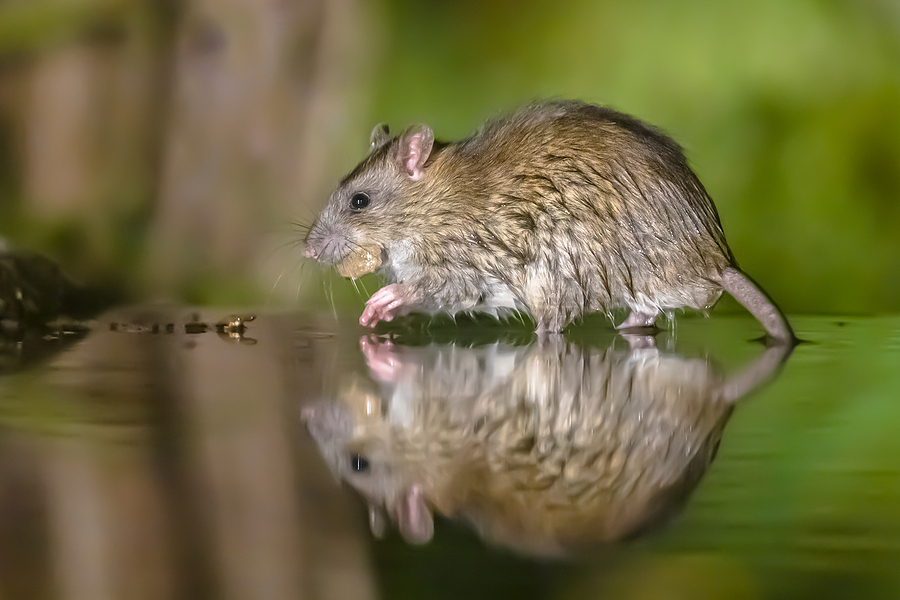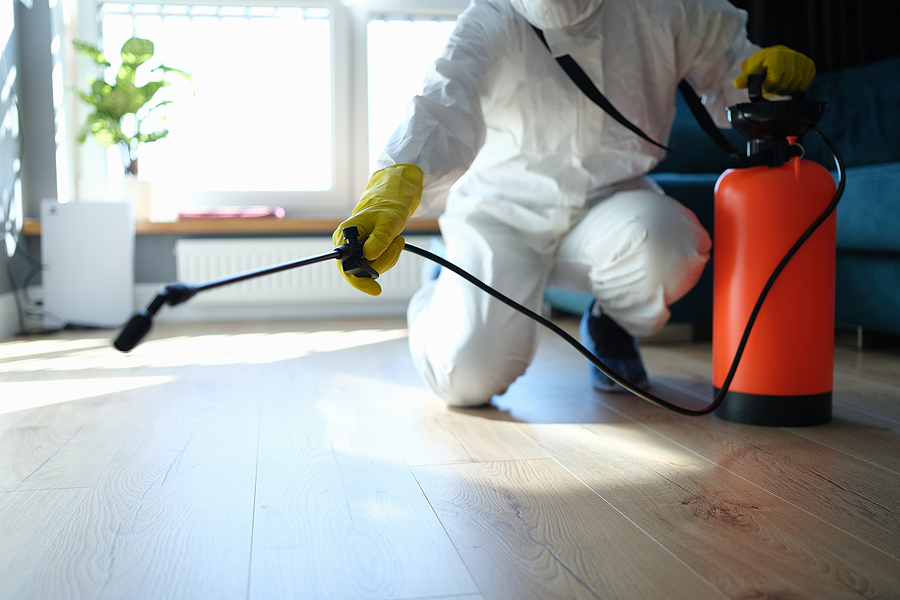An evident increase in rodent activity may be alarming to homeowners and business owners alike, as these small creatures seek shelter and food in and around human habitats.
While they may seem harmless at first glance, rodents can cause a number of problems that can be both frustrating and potentially dangerous.

Damage to Property
One of the primary problems rodents bring is the damage they inflict on property. Rats and mice have a natural instinct to chew, and they do not discriminate when it comes to looking for something to have a nibble on.
From electrical wiring to wooden structures, rodents can cause significant damage that can lead to major damage and costly repairs.
They have been known to gnaw through walls, insulation, and even pipes, which can result in leaks and water damage.
Their constant chewing can even weaken the structural integrity of buildings, posing a risk to inhabitants.
Risk of Disease
Rodents are carriers of various diseases, making them a threat to human health.
They can transmit diseases through a number of ways including urine, faeces, and bites.
Hantavirus, leptospirosis, and salmonellaare just a few examples of the diseases that can be contracted from rodents.
These illnesses can range from mild to severe, and in extreme cases can even be fatal.
Symptoms may include fever, headache, muscle aches, and gastrointestinal issues. It goes without saying that it is crucial to avoid direct contact with rodents and maintain a clean environment to lessen the risk of disease transmission.
Rodents also have a voracious appetite, and during the summer, they take advantage of the abundance of food sources available.
Contamination
They can contaminate stored food in pantries, restaurants, and agricultural fields, leading to both economic losses and potential health hazards.
The presence of rodent droppings and urine can render food unfit for human consumption, meaning the only fit outcome is disposal. This not only wastes valuable resources but also poses a risk to public health if contaminated food finds its way back into the market.
Rapid Reproduction
The reproduction rate of rodents is astonishingly high, especially during the summer months.
A single female rat can produce up to 3-6 litters per year, with each litter consisting of 7-8 babies. This rapid breeding cycle results in a dramatic increase in rodent populations if left uncontrolled.
Consequently, their population explosion can lead to overcrowding, competition for resources, and territorial disputes.
As they naturally seek shelter, rodents may invade homes, attics, and basements, causing distress and discomfort to both business and homeowners.
Effective control against rodents
To combat the problems caused by rodents, effective control measures are often required and prevention is key in rodent management.
Maintaining a clean environment, sealing any entry points, and storing food properly are essential steps in reducing rat and mice attraction to your property or business.
Regular inspections and repairs of structural damage are often recommended to prevent rodents from gaining access to your home or business through any unknown gaps or open entry points.

Rodenticides
One of the main concerns regarding rodenticide use in the UK is the potential for secondary poisoning.
When rats and mice consume bait containing rodenticides, they may become poisoned. Predatory birds, such as barn owls and kestrels, can then consume the poisoned rodents, leading to their own poisoning.
To address this issue, the UK has introduced new regulations and best practice guidelines for rodenticide use. These measures aim to reduce the risk of secondary poisoning and protect non-target wildlife.
The Campaign for Responsible Rodenticide Use (CRRU) UK has played a key role in promoting responsible rodent control and educating professionals in the industry about best practices. This is something a professional pest controller will know well.
As such, rodenticide use is always best left to the experts.
Why it’s best to employ the professionals
If it’s too late for prevention, professional pest control services can be employed to address a rodent problem.
Trained technicians can conduct thorough inspections, identify entry points, and implement targeted control strategies. These may include trapping, baiting, and the use of rodenticides in a safe and responsible manner.
It is crucial to consult professionals who prioritise the safety of both humans and the environment when dealing with rodent infestations.
The Pest Master has been carrying out rat control services and mouse control for a number of years. If you have a problem and need help, please get in touch with us today.

